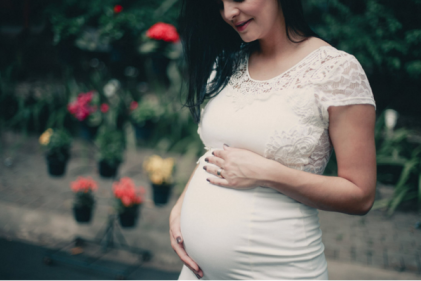Ask any sleep deprived new parent what they want and chances are more rest will be high on the list. The good news is that there are ways to get more sleep, no matter what age your child is.
When your child is about five months old it’s time to start establishing sleep patterns. Look out for signs of tiredness, including rubbing eyes and yawning and when you notice them, put your child down for bed or nap time. You should also be starting to teach your child to fall asleep on his or her own. Children this age are usually ready to sleep when they’ve been awake for two hours and while they probably won’t sleep through the night, they can handle longer stretches at a time. The good news is that as your child starts to learn how to fall asleep alone, he or she will probably sleep for longer stretches too.
If you find that your younger baby (six months to one year) is waking from naps cranky and sleeping for shorter periods, then you might want to make the time between naps a little longer. That way, your child will be sleepier when he or she goes to bed and is likely to sleep longer. Fewer, longer naps are usually better at this age and help your child to prepare for sleeping through the night. If you find that your child is waking more frequently than you’d like at night, then it’s also a sign that day time naps need to be reduced. The more sleep your child has during the day, the less sleepy he or she will be at bedtime and the more likely he or she is to wake up sporadically through the night.
As your child starts to near one year old you may notice that he or she starts experiencing night terrors or even starts ‘sleep crawling.’ While this is often terrifying for parents, your child is actually not awake, so all you need to do is keep him or her safe until it’s over. This is also often a sign of sleep deprivation, so getting your child to nap more during the day may solve the problem altogether.
At two, you need to start examining your child’s sleep habits. If your child is still being rocked or breastfed to get him or her to sleep, then you definitely need to start teaching him or her how to fall asleep unaided. This will mean that when your child wakes at night, he or she knows how to get back to sleep unaided and it makes it far more likely that your child will sleep through the night.
Another good idea, if your child still relies on a bottle to get to sleep, is to decrease the amount gradually over time. That way, your child won’t feel deprived immediately and he or she will learn to get to sleep without the aid of a bottle.
You may also find that at some point your child has a parental preference, where he or she will go to sleep fine with one parent, but make a fuss when the other tries to put him or her down to sleep. Make sure that you both follow the same bedtime routine and make sure that you’re both involved in bedtime routines. Your child will outgrow this phase at some point.
When it comes to parents, the rules for getting more sleep are:
Making sleep your first priority.
Working towards set sleep and waking times.
Avoiding caffeine, alcohol and other stimulants close to bedtime.
Making sure that your bedroom is comfortable and conducive to sleep.
For children, the priorities for good sleep habits are:
Getting your baby into a bedtime routine, with a bedtime of between 7:30 and 8:30PM.
Making sure that your bedtime routine is calm and sleep promoting.
Watching for signs that your baby is tired.
Encouraging your child to learn to fall asleep unaided. This may involve some tears at first but it’s an important skill.










